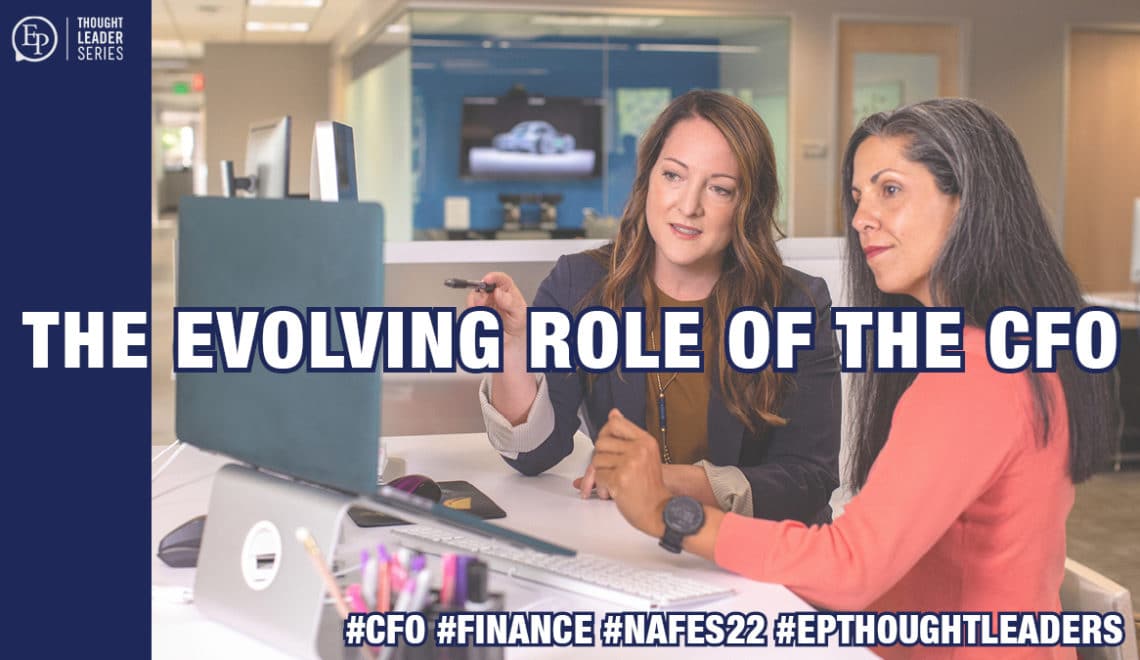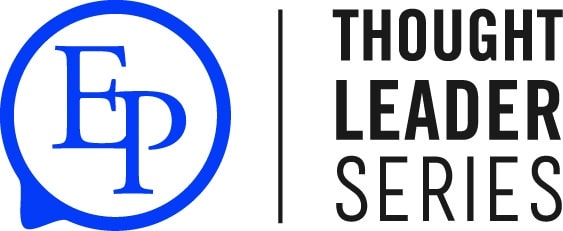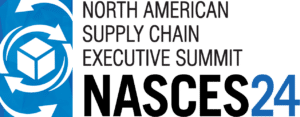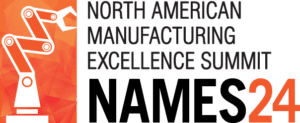
Once upon a time —probably around when most of today’s senior finance executives were starting their careers— the role of a CFO was pretty clear cut: The Chief Financial Officer was responsible for managing the financial actions, cashflow, and taxation issues of an organization, as well as reporting on those matters to the relevant government agencies, the board of directors, and other stakeholders and shareholders; a CFO could be equated with a treasurer or controller; they were bound by financial standards, and their academic and professional background and associations revolved around accounting, finance, economics, and statistical analysis.
All of that is still true, but it is not nearly enough anymore.
One of the truths Executive Platforms has heard from across our network of senior business executives is that the global pandemic did not radically create new trends as much as it accelerated trends that were already happening.
Long before COVID-19, the role of a CFO within a company was already changing. Two years and more after the world braced itself for unprecedented disruption, what a CFO does is dramatically different.
For the sake of this week’s blog, let’s explore four facets of a CFO’s day-to-day and long-term working life:
- What is a CFO supposed to be able to do?
- What is a CFO supposed to know?
- Who is a CFO supposed to work with?
- What career path should now take a person to Finance’s C-Suite position?
What is a CFO supposed to be able to do?
Going back to the ‘Once Upon a Time’ of perhaps two decades ago, the Chief Financial Officer was at heart a great accountant and probably a leader of a team of accountants and bookkeepers. The company functioned, and the Finance Team ensured the money did what it needed to do to keep things moving smoothly while documenting and reporting on that activity.
Today, and especially after the tumultuous days of crisis management as organizations tried to reimagine how they would function during a global disruption, a CFO is supposed to be part of the leadership team of the company itself offering expert input on major decisions about how the business will move forward. Much of what was traditionally the realm of the CEO and COO has now become collaborative with the CFO, and as blue-sky thinking gets down to brass tacks, it is often the CFO who has the hard numbers to say what is and is not possible, and which of the options can expect the best outcomes. Far from a passive resource for senior decision-makers, the senior finance executives are now among the top minds actively working problems and seeking opportunities, and the Finance Team has also moved from a background player keeping the money moving into an integral part of how organizations implement and run projects.
What is a CFO supposed to know?
People who work in Finance already have specialized knowledge that takes years of education and professional development to achieve, and they are bound by the requirements of their professional associations to continue their education and remain on top of new developments in their field throughout their working life. That is the value they bring to their organization, and it is the common thread that binds a Finance Team together and so often separates that team from other departments and divisions within the larger organization.
If it involves the movement of money, Finance is responsible for it. They don’t build things, and they don’t sell things, but neither of those activities can happen for long without Finance’s involvement, or the whole operation grinds to a halt. That is true and always has been true probably going back to the invention of double-entry bookkeeping.
It’s a big job that most people cannot do, and it’s not enough for the modern CFO. Now that a CFO helps chart the strategic course of the organization along with the CEO and COO, the CFO also needs to have some of the skills those other C-Suite executives bring to implementing that vision.
What is the best way to increase productivity? To reduce costs? To improve workforce recruitment, development, and retention? To improve environmental health and safety? To get the most ROI out of capital investment? To optimize a global footprint? To merge with and acquire other businesses? To forge long-term partnerships? To better meet the changing needs and wants of customers?
A CFO does not have to know all the answers to all those questions, but at the very least they need the business sense to ask the right questions of people who do and then apply their answers in a logical way into the challenges at hand.
Taking the CFO out of a siloed Finance Department and connecting her or him with all facets of the business —especially undergoing a transformation based on the CFO’s own direction— needs to be able to wear many hats, contribute to strategic and tactical decision-making, lead people, learn on the fly, and teach others what they have learned. The specialized skills of a Finance professional are always an asset, but the breadth of knowledge required to hold the top job has broadened and deepened.
Who is a CFO supposed to work with?
In a lot of Executive Platforms’ conversations we talk about breaking down silos and moving from reactive to proactive behaviors. The role of Finance and Finance leadership in most organizations is no longer an isolated group doing their own mysterious work in isolation to often invisibly support what everyone else is doing. As the role of the CFO has evolved, Finance is now part of how the other departments implement change and continually improve their efforts.
A CFO and the CFO’s team is connected to everyone in the company, and not just because they process payroll.
When a company is undergoing Digital Transformation —as so many organizations across so many industries are right now— the CFO is part of the process of selecting the right tools, of negotiating with the service and solution providers necessary to implement the new systems, of supporting the managers and directors of the impacted departments, and of tracking over time the Key Performance Indicators that demonstrate first ROI, and then what should be considered the new standards.
A CFO now has to be both comfortable with numbers and with people. A CFO needs the hard skills to do the traditional and still very necessary work of a Finance Executive, and also the soft skills of change management and servant leadership that help organizations find real value as they evolve to best navigate a changing business landscape.
Who is CFO supposed to work with? Whoever he or she needs to in order to help the organization meet its objectives.
What career path will now take a person to Finance’s C-Suite position?
There probably is not one right answer to that question, and even the answers there are probably exist in a state of flux right now.
It can probably be said with confidence fewer and fewer of the next generation of CFOs will have career arcs that mimic the great Chief Finance Officers of the past.
Oh, people will still need a firm foundation in accounting, in finance, in business analysis. The skillset of a CFO has broadened, but the core competencies are still foundational and non-negotiable.
How will a strong accountant at the start of her or his career rise through the ranks to lead a Finance Team in the future?
Almost certainly it will not be a steady climb up the ladder of an isolated Finance Department where rising talent is unknown to the company at large until they emerge in trusted senior positions years later. Today’s future leaders need to be known outside their own silo, and perhaps even spend time working in other departments. Every part of the company can benefit from a finance-focused point of view, a trained analytical mind with a deep understanding and appreciation for the stories numbers can tell.
Another thing that comes from spending time outside the core competencies of a younger finance executive? The opportunity to learn how other parts of the business really function, and also to attract the attention of other leaders, both currently in their roles, and future leaders: The former can become teachers and mentors; the later are future peers and collaborators for the success of the enterprise.
A further thought? The rapid pace of technological innovation will reward people who know how to leverage new capabilities. Automation is coming to the Finance profession, just as it is coming everywhere else. Rather than building up a repertoire of excellence in the kind of Finance grunt work that may one day be done by computers without active human input, tomorrow’s CFOs will almost certainly be part of the process of building automation into their current workflows and learning lessons about how that works that can be applied throughout their organizations. Real-world experience in Digital Transformation is not going to be a ‘Nice to Have’ for the C-Suite executives of the future. There is are opportunities right now for the next generation of Finance professionals to invent what they do with the new capabilities technology can offer them, and almost certainly rising Top Talent will be an active participant and innovator in shaping that development.
—

Geoff Micks
Head of Content & Research
Executive Platforms
Geoff joined the industry events business as a conference producer in 2010 after four years working in print media. He has researched, planned, organized, run, and contributed to more than a hundred events across North America and Europe for senior leaders, with special emphasis on the energy, mining, manufacturing, maintenance, supply chain, human resources, pharmaceutical, food and beverage, finance, and sustainability sectors. As part of his role as Head of Content & Research, Geoff hosts Executive Platforms’ bluEPrint Podcast series as well as a weekly blog focusing on issues relevant to Executive Platforms’ network of business leaders.
Geoff is the author of five works of historical fiction: Inca, Zulu, Beginning, Middle, and End. The New York Times and National Public Radio have interviewed him about his writing, and he wrote and narrated an animated short for Vice Media that appeared on HBO. He has a BA Honours with High Distinction from the University of Toronto specializing in Journalism with a Double Minor in History and Classical Studies, as well as Diploma in Journalism from Centennial College.











